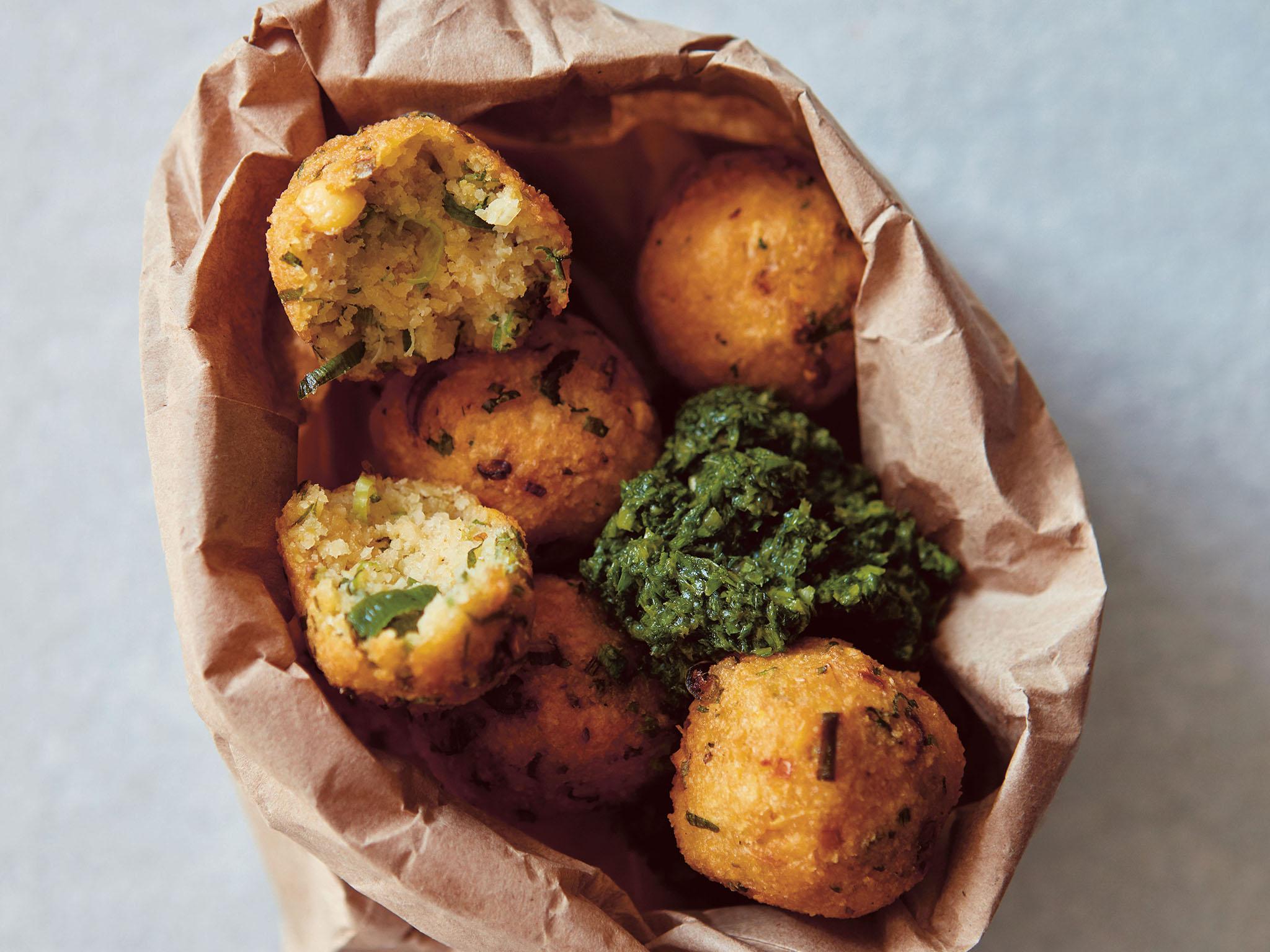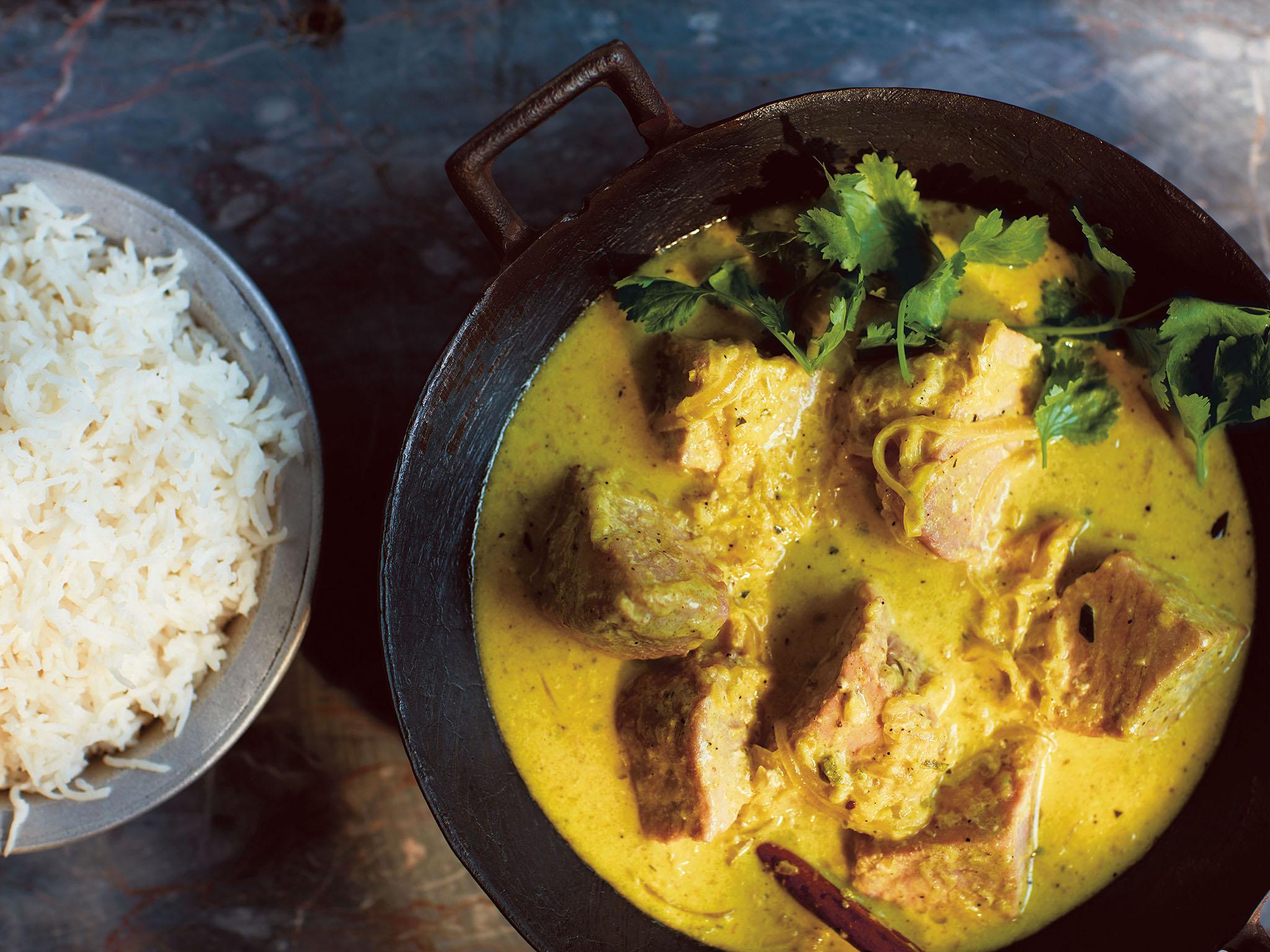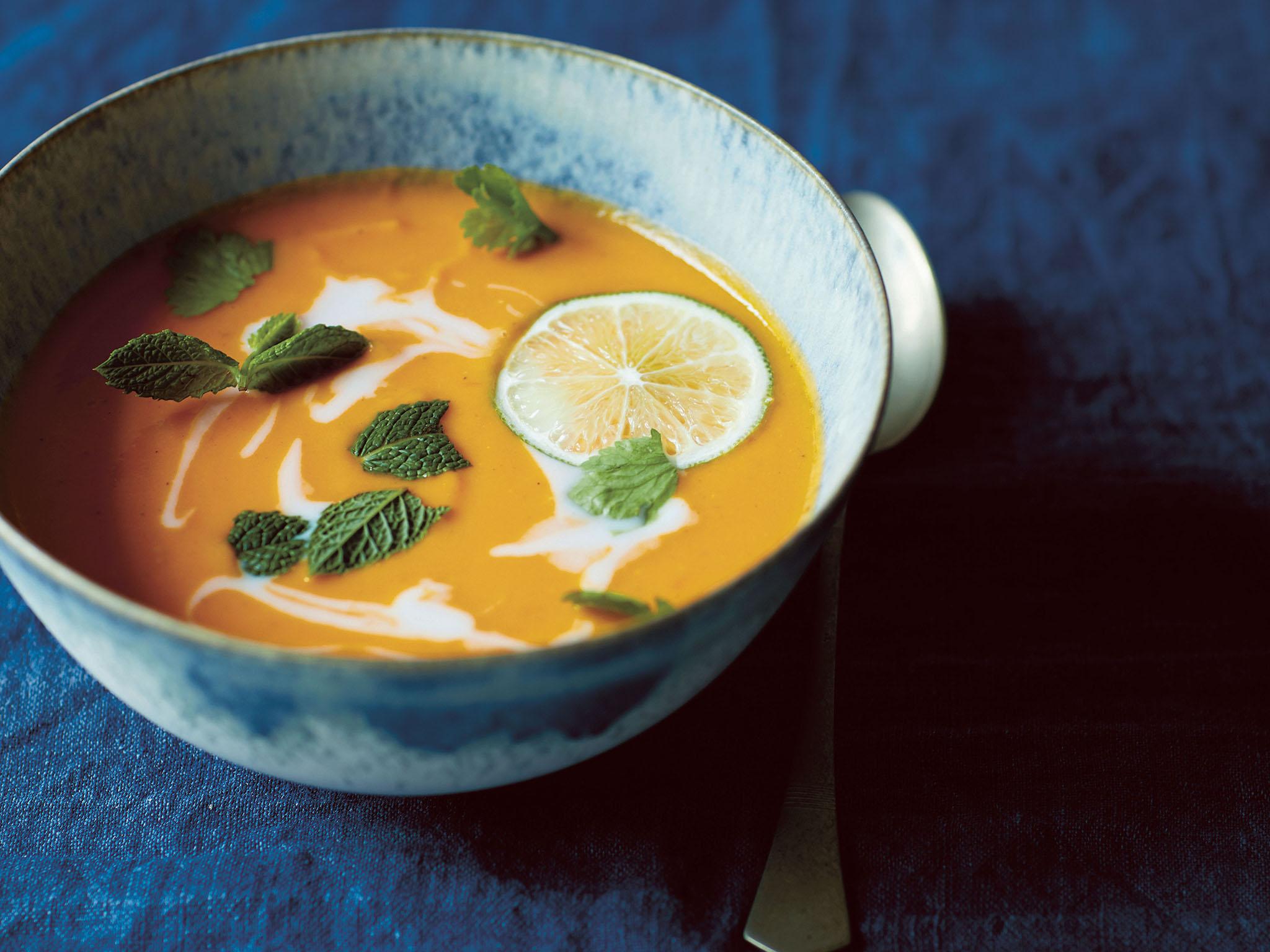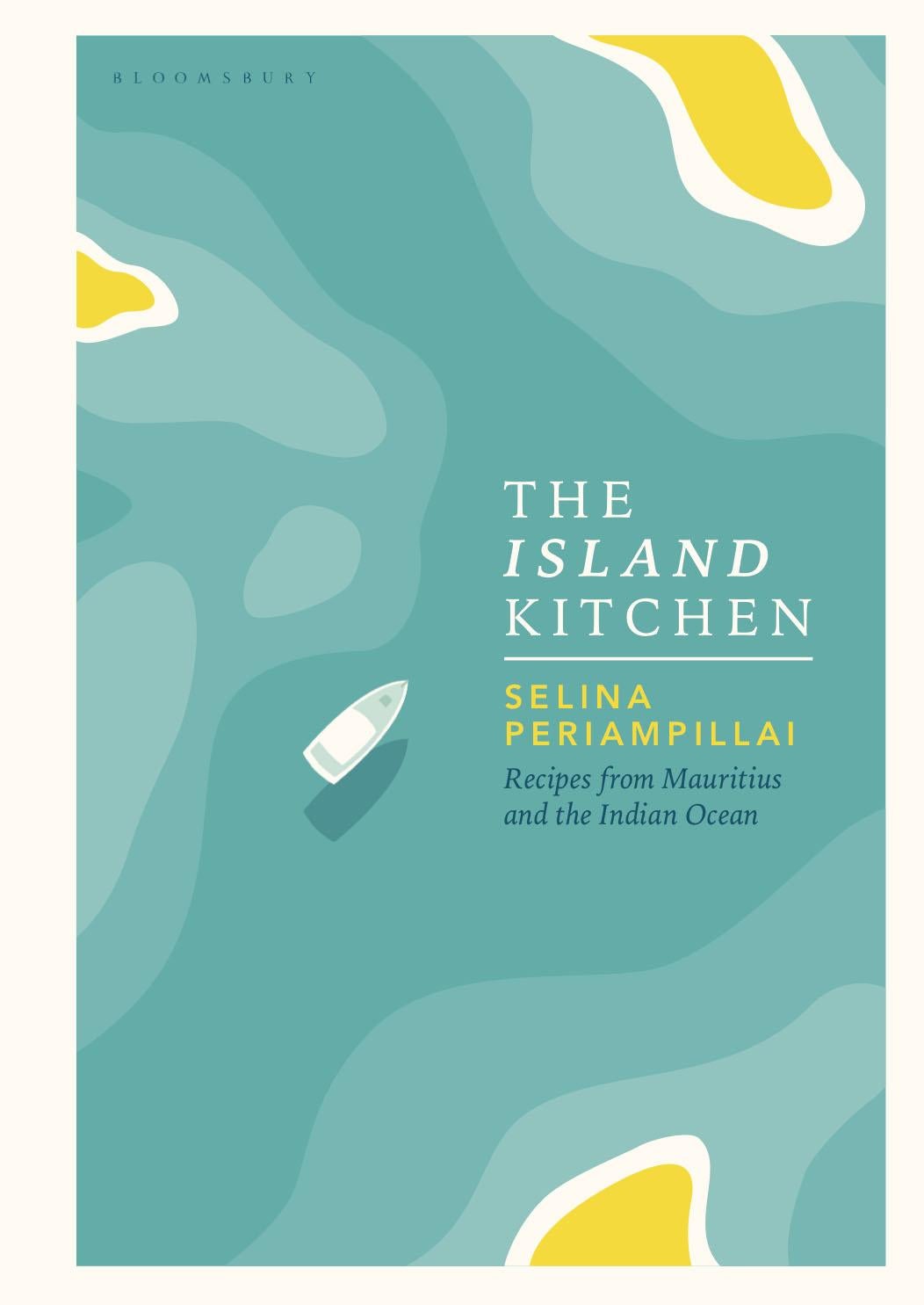'The Island Kitchen' cookbook: Recipes from Maldivian tuna curry to chilli dhal fritters
The debut book from self-taught chef Selina Periampilla captures the essence of home-cooking of the Indian Ocean islands of her heritage

Your support helps us to tell the story
From reproductive rights to climate change to Big Tech, The Independent is on the ground when the story is developing. Whether it's investigating the financials of Elon Musk's pro-Trump PAC or producing our latest documentary, 'The A Word', which shines a light on the American women fighting for reproductive rights, we know how important it is to parse out the facts from the messaging.
At such a critical moment in US history, we need reporters on the ground. Your donation allows us to keep sending journalists to speak to both sides of the story.
The Independent is trusted by Americans across the entire political spectrum. And unlike many other quality news outlets, we choose not to lock Americans out of our reporting and analysis with paywalls. We believe quality journalism should be available to everyone, paid for by those who can afford it.
Your support makes all the difference.Chilli dhal fritters – gateaux piments, mauritius
Yellow split peas are soaked in water overnight so they plump up and are easier to crush. They are then spiked with plenty of green chillies and fresh coriander before being rolled into small balls and deep fried. Eat them straight away, alongside other snacks like samosas and dunked into Coriander green chilli chutney or, like the locals do, stuffed into crusty baguettes.
Makes 25 balls
Prep: 15 mins, plus overnight soaking
Cook: under 5 mins per batch
200g yellow split peas
3 spring onions, finely chopped
2 tbsp finely chopped coriander
2–3 green chillies, finely chopped
1 tsp salt
Freshly ground black pepper
1 litre vegetable oil, for deep frying
Place the yellow split peas in a large bowl and cover with cold water. Leave to sit overnight and soak.
The peas should have puffed up slightly and the water reduced by the next morning. Drain them well and tip into a food processor. Blitz until the peas are a coarse paste and clump together. Tip the crushed peas into a large mixing bowl and add all the other ingredients apart from the oil. Combine well with a spoon.
Take a tablespoon of the mixture in your hands and, pressing firmly, form into a ball shape (about the size of a golf ball). Each will weigh around 25g and you should get 25 balls. Repeat with the remaining mixture and place them all on a plate ready to be fried.
Pour the vegetable oil into a deep, heavy-based saucepan or deep fat fryer and heat to 180°C. You can tell when the oil is the right temperature by dropping a small cube of bread into the oil. If it browns evenly in 30 seconds then it is ready. When the oil is hot enough, carefully drop in the balls (about four or five at a time, to prevent overcrowding in the pan).
The fritters should sizzle in the oil. Using a fork or a slotted spoon gently move them around so they colour evenly. It will take a couple of minutes until they are golden brown and cooked throughout. If they brown too quickly, reduce the heat slightly to make sure they cook inside.
Drain on a wire rack with kitchen paper underneath to catch any excess oil. Serve with Coriander green chilli chutney or crushed into a crusty white baguette.

Maldivian tuna curry – dhon riha, maldives
This warm, tangy fish curry is cooled with mellow coconut milk. It celebrates two cherished ingredients in Maldivian cuisine: tuna and coconut. The latter is served at almost every meal, whether the milk is extracted and added to curries like this or it is freshly grated or sliced and used as a condiment.
The tuna is enhanced with southern Indian spices including cardamom, curry leaves and turmeric. It doesn’t take long to cook, so this dish can be ready to eat in under thirty minutes, perfect for a midweek meal with steamed rice. ʻDhon rihaʼ is also enjoyed at breakfast by locals, served with rice, chillies and ʻroshiʼ (thin Maldivian flatbreads) or my Island-style rotis (p.138) on the side, which are perfect for scooping up the sauce.
Serves 2–4
Prep: 15 mins
Cook: 15 mins
500g tuna steak, cut into 2.5cm pieces
1 tbsp coconut oil
4 garlic cloves, finely chopped
2 cardamom pods, seeds only, crushed
2.5cm piece of fresh root ginger, peeled and finely chopped
10 curry leaves, finely chopped
1 green chilli, finely sliced
1 onion, finely sliced
½ tsp ground fennel seeds
½ tsp ground cumin
½ tsp ground turmeric
½ tsp black pepper
400ml tin coconut milk
1 cinnamon stick
Sea salt
Coriander, to garnish
Lightly salt the fish and set aside. In a large saucepan, warm the coconut oil over a medium heat until simmering. Add in the garlic, cardamom, ginger, curry leaves and chilli. Let this sauté until fragrant – usually around 30 seconds. Add the onion slices and cook until softened, around 5–7 minutes. Add the rest of the spices: the fennel, cumin, turmeric and black pepper. After around a minute they will mingle together and become aromatic.
At this point, transfer everything into a food processor and blend to a coarse paste. Return the paste back to the pan over a medium heat, pour in the coconut milk, holding back one tablespoon for drizzling at the end, and pop in the cinnamon stick and ½ teaspoon salt.
Bring to a simmer and gently add the fish pieces to the sauce. They will cook fairly quickly. After 5 minutes, the fish should be tender, opaque and cooked throughout and the curry will be ready to serve. Drizzle over the extra coconut milk, scatter with the coriander and serve with a heap of rice.

Creamy sweet potato soup – comoros and mayotte
The flavours in this heartwarming soup are a match made in the tropics. The cayenne pepper offers a pleasing heat, the ginger adds a note of spice and the coconut milk lends a mellow creaminess, but it is the sweet potato that’s the star of the show. This starchy tuber is a particularly important crop in Comoros; the island’s native potatoes are ʻKatuna’ (with red skin and yellow flesh) and ʻZora’ (with yellow skin and white flesh). They are boiled, mashed, fried and ground into a flour to make cakes and even used to break fasting during the religious month of Ramadan.
Don’t miss out the lime wheel at the end; this flash of sharp citrus complements the natural sweetness of the potato.
Serves 4 as a starter, 2 as a main
Prep: 10 mins
Cook: 25 mins
2 tbsp coconut oil
1 onion, diced
2 garlic cloves, finely chopped
2.5cm piece of fresh root ginger, peeled and finely grated
2 large sweet potatoes, peeled and cut into 4cm chunks (550g)
1 large ripe tomato, roughly chopped
¼ tsp cayenne pepper
1 tsp sea salt
Freshly ground black pepper
200ml coconut milk
To serve
1 lime, cut into thin wheels or wedges
Mint and coriander leaves
Heat the coconut oil in a deep saucepan over a medium heat and fry the diced onion and garlic together in the pan for 5 minutes, stirring frequently to prevent them sticking to the bottom.

Add the grated ginger, sweet potato, tomato, cayenne pepper, salt and some black pepper. Give it a good stir to ensure everything is mixed well. Pour in 500ml water, bring to the boil, then cover with the lid and let this simmer for 15–20 minutes until the sweet potato is soft and tender.
Place the contents of the saucepan in a blender and whiz until smooth. Pour back into the saucepan on a low simmer, add in 150ml of the coconut milk and stir gently. Check for seasoning to see if more salt or pepper is needed.
Serve the soup in bowls, with a drizzle of the remaining coconut milk, laying a few of the lime wheels on top of the soup. Scatter over mint and coriander leaves to garnish. Serve with some crusty bread.
'The Island Kitchen: Recipes from Mauritius and the Indian Ocean' by Selina Periampillai is published by Bloomsbury and out now, £26
Join our commenting forum
Join thought-provoking conversations, follow other Independent readers and see their replies
Comments